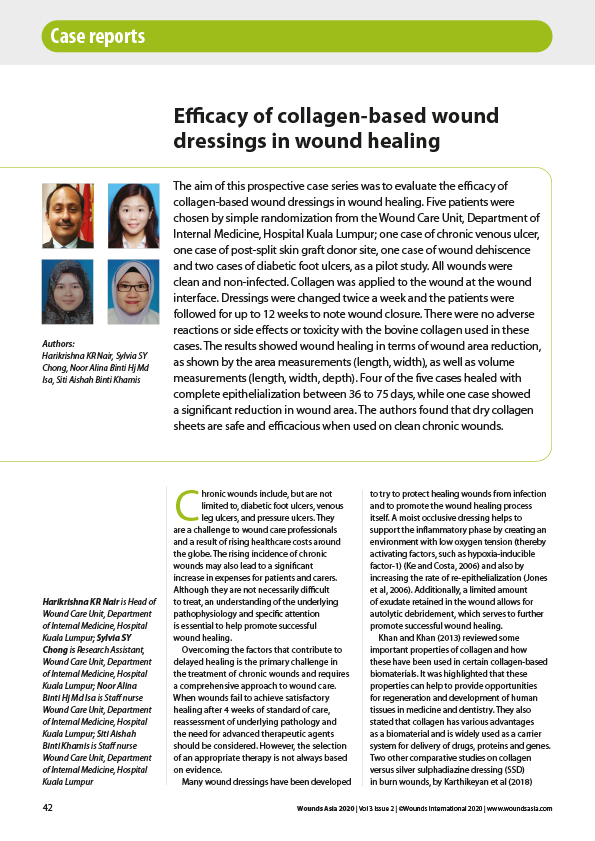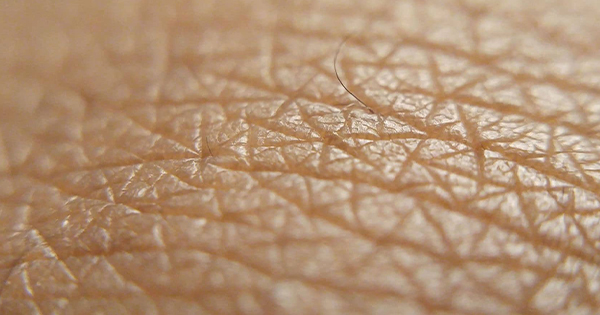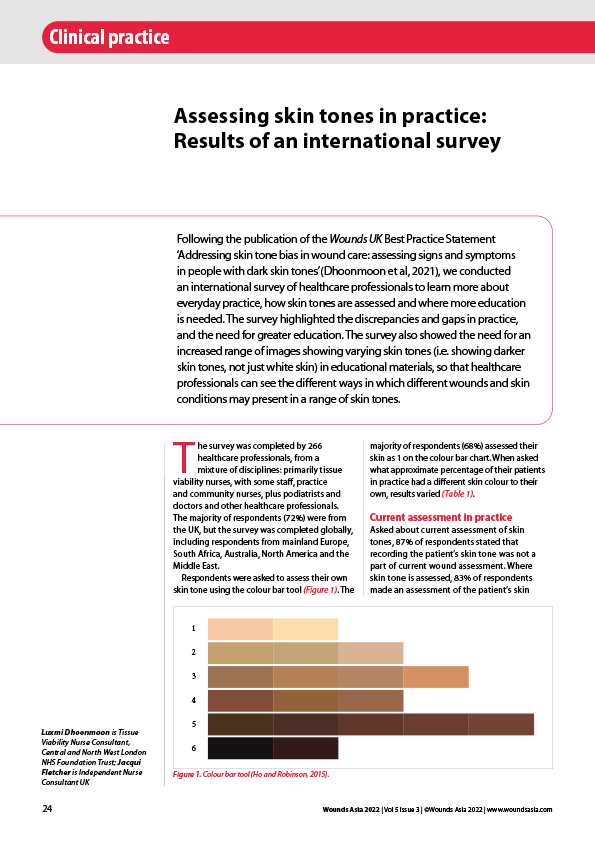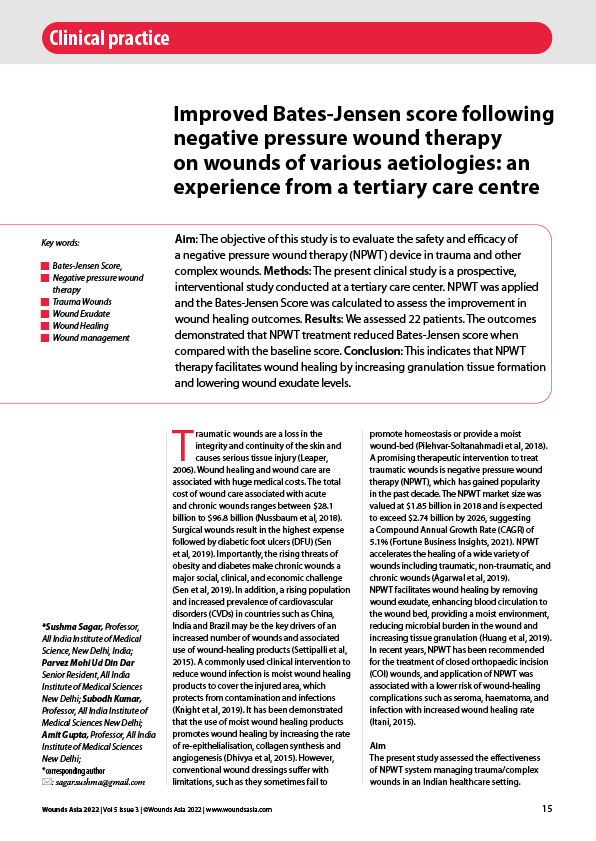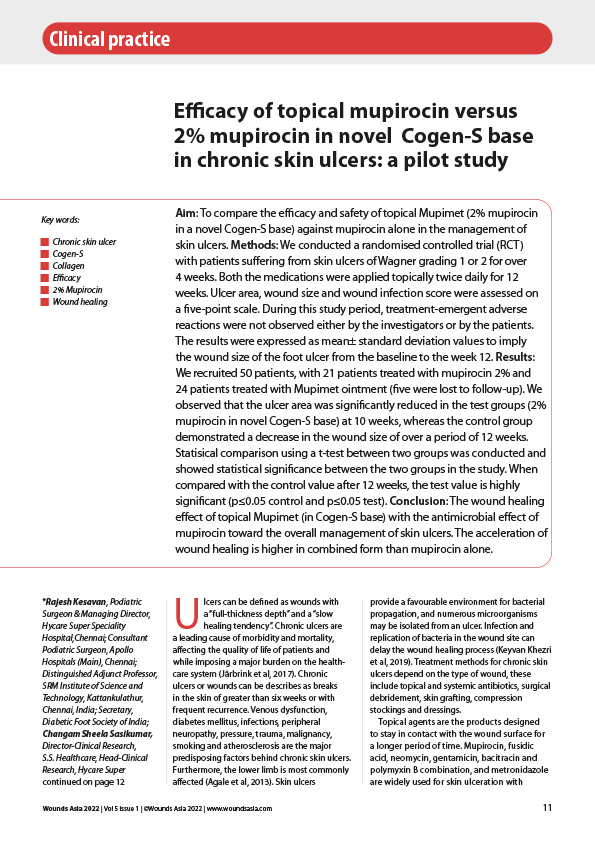The aim of this prospective case series was to evaluate the efficacy of collagen-based wound dressings in wound healing. Five patients were chosen by simple randomization from the Wound Care Unit, Department of Internal Medicine, Hospital Kuala Lumpur; one case of chronic venous ulcer, one case of post-split skin graft donor site, one case of wound dehiscence and two cases of diabetic foot ulcers, as a pilot study. All wounds were clean and non-infected. Collagen was applied to the wound at the wound interface. Dressings were changed twice a week and the patients were followed for up to 12 weeks to note wound closure. There were no adverse reactions or side effects or toxicity with the bovine collagen used in these cases. The results showed wound healing in terms of wound area reduction, as shown by the area measurements (length, width), as well as volume measurements (length, width, depth). Four of the five cases healed with complete epithelialization between 36 to 75 days, while one case showed a significant reduction in wound area. The authors found that dry collagen sheets are safe and efficacious when used on clean chronic wounds.

